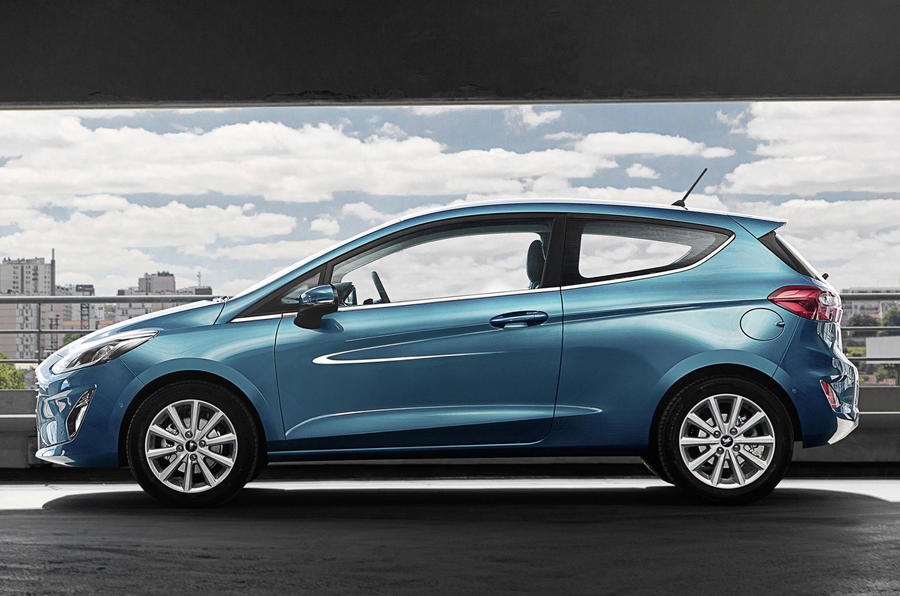The UK new car market declined by 2.8% last month as diesel sales continue to tumble, according to new figures published by the Society of Motor Manufacturers and Traders (SMMT).
There were 80,805 cars registered in February, a month that’s traditionally lower than average due to the new plate arriving in March. But the impact on sales due to the pressure being put on diesel-powered cars is clear, with sales down 23.5% for oil burning models.
Conversely, petrol sales were up by 14.4%, with the fuel type accounting for 48,941 cars, or 60.6% of the market – an 8.5% growth on February 2017 and key cause for the UK's recent growth in automotive CO2 emissions per car. While the demand for alternatively fuelled vehicles (AFVs) continued to grow, with demand up by 7.2% to 3547 registered.
Global new car sales: the key trends and what they mean for the future
The changes have ensured the new car market is down by 5.1% on this time last year, registrations by business, private and fleet buyers were down 29.8%, 7.1% and 2.1% respectively.
Diesel now accounts for just 35.6% of the market, down from 45% at this point in 2017. AFV market share is up by a percent, although these lower emission models still account for just 5.1% of overall new car registrations.
The trends back predictions that 2018 will be the second consecutive year of declining new car demand, as pressure on diesel and economic uncertainty continues to hamper sales.
“Although the new car market has dipped, it remains at a good level despite the drop in demand for diesel,” said SMMT boss Mike Hawes. “Consumers should be reassured, however, that the latest cars are the cleanest in history and can help address air quality issues, which is why they are exempt from any restrictions.”
Autocar used car buying guides: the complete collection
The Ford Fiesta remained Britain’s favourite car in February, with 5201 registrations, while the Volkswagen Golf is second after 2927 cars were registered. Ford’s Focus was the third most popular model, with 2052 cars delivered in February. It meant the top three remained unchanged compared with the month before.
Although March is traditionally a peak for new car sales in a year, due to the plate change, Mike Hawes believes that demand will remain comparably low due to a “further softening”. This will be emphasised by the fact that March 2017 was a record month as registrations were pulled forward to avoid VED changes.





Join the debate
Add your comment
Not surprised.
We put off changing our Octavia and Citigo for another year until the diesel saga sorts itself out and better petrol / hybrid options become available.
There was simply nothing worth switching to and both cars are only just over 3 years old.
Skoda also failed to make us a tempting offer and I really do not like the direction Skoda are taking with ther VAG clone styling.
Diesel sales are down in
Focus
Amazing to think it's still the 3rd best seller despite a new version being only a couple of months away. I suspect it's mostly down to heavy discounting but at the end of the day it wouldn't sell if it wasn't a good'ish well marketed (still think of it as a British brand) car.